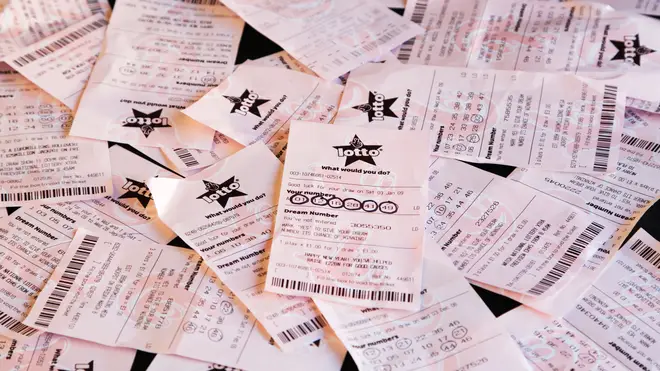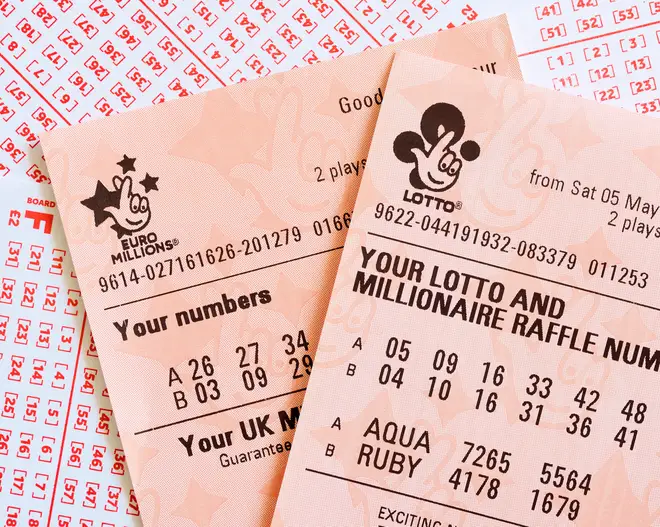Woman in legal battle over whether she won lottery prize of £10 or £1m
29 March 2023, 15:19 | Updated: 31 March 2023, 15:16

Joan Parker-Grennan is suing Camelot, saying the National Lottery operator owes her the £1million prize.
A woman is currently in a High Court battle over whether she’s entitled to a National Lottery prize of £10 or £1 million.
Joan Parker-Grennan is suing Camelot after a system error meant she was told she’d won £1 million.
But the company is disputing her claim and says it is only liable to pay £10.
On Tuesday the court heard Mrs Parker-Grennan bought an Instant Win Game ticket online on 25th August 2015.

The lawyers explained the premise of the game was that if a number in the 'your numbers' section of the screen matched one in the winning numbers section, the two matching numbers would turn white.
This then indicates the player has won the prize ‘designated by those matching numbers’.
Camelot claims that at the point Mrs Parker-Grennan bought her ticket, the computer system had predetermined she would win £10.
- Mum working two jobs to make ends meet wins £838k on lottery
- Woman wins double lottery jackpot after being dumped by husband for best friend
The judge was then told that between 25th August and 26th August 2015 there had been a 'technical issue' which meant different graphical animations had been displayed to some players.
During Mrs Parker-Grannan’s game, two numbers with a designated prize of £10 were highlighted, with a message popping up which said: "Congratulations, you have won £10."

It was then claimed that two other matching numbers also appeared due to the technical fault, which had a designated prize of £1million.
Barrister James Couser, who is representing Mrs Parker-Grennan, said there was ‘no real prospect of the claim being successfully defended’.
He told the court: “The defendant says that the terms mean that the claimant is bound by what it intended the outcome of the game to have been, despite the fact that was not what the game was programmed to do accorded with what the relevant contractual term said it could do.”

But Barrister Philip Hinks, who is leading Camelot's legal team, argued that the operator is only liable to pay the "outcome of the ticket as predetermined" by the computer system.
In this case, he argues that it is £10, not £1 million.
He said in a written argument: “There is, at the lowest, a real prospect of Camelot successfully defending (Mrs Parker-Grennan’s) claim at trial.
“It is inappropriate for (the) claim to be determined summarily.”


































